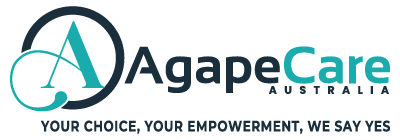Basic requirements for being able to access the NDIS funding. This information is general in nature and we suggest you contact us to ask about your individual situation.
Minimum requirements:
• Participants in the NDIS must be younger than 65 years old at the time of the application.
• Must be an Australian citizen, a permanent resident or a NZ citizen holding a ‘Protected Special Category Visa’
• The individual must have a permanent physical or mental disability that requires significant support.
• If the individual is a child, NDIS funding may be more accessible if it’s found that early support would substantially decrease the negative effects of their condition in the future. Meaning if increasing their future capacity can be achieved by support in younger years.





